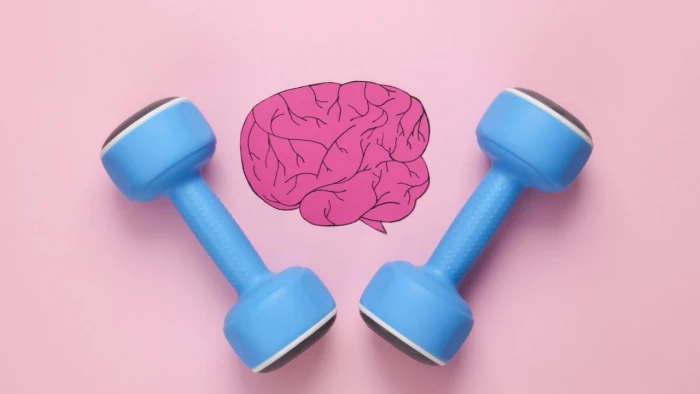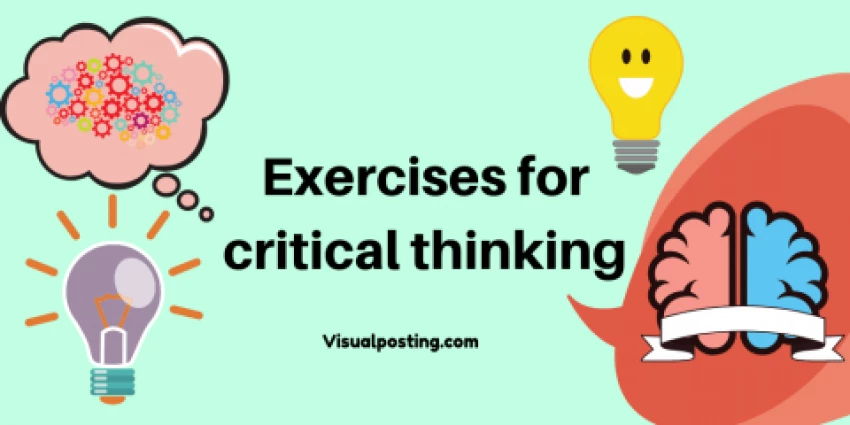

Critical thinking is more than just questioning it’s the ability to analyze situations, weigh evidence, and make well-reasoned decisions. In a world filled with information overload, these skills have become essential in both professional and personal settings. The good news is that critical thinking can be trained through deliberate exercises and mindful practice.
Below are some proven exercises and activities, drawn from research and workplace applications, that can help you strengthen this skill set.

Originating in problem-solving methods at Toyota, the Five Whys involves asking “why?” repeatedly (usually five times) to get to the root cause of a problem. For instance, if a project deadline was missed, you don’t stop at “we ran out of time.” Instead, you dig deeper—was it poor planning, unclear communication, or resource mismanagement? This process helps uncover patterns and builds the habit of seeking clarity rather than settling for surface answers.
This exercise asks you to step into another person’s perspective—be it a colleague, customer, or even a critic. By deliberately adopting different viewpoints, you train yourself to challenge assumptions and see the bigger picture. In professional environments, this practice reduces bias and strengthens empathy, both crucial to effective decision-making.
Inspired by the method of Socrates, this involves systematically questioning beliefs, claims, or arguments. Instead of accepting ideas at face value, ask:
While brainstorming is common, adding restrictions—such as solving a problem with only a fixed budget, or limiting ideas to a specific time frame—forces creative problem-solving. Employees often find that working within boundaries actually sparks more innovative solutions.
Imagining alternative outcomes (“What if we tried X instead of Y?”) pushes your brain to explore possibilities outside the obvious path. This not only builds flexibility in thinking but also prepares you to handle uncertainties. Teams that regularly practice “what if” scenarios are often more resilient in adapting to sudden changes.
Structured debates are powerful tools for critical thinking. They require participants to research, construct logical arguments, anticipate objections, and defend their stance. Even if you don’t agree with the position you’re assigned, the process expands mental agility and strengthens reasoning.
Taking 10 minutes at the end of the day to write about a decision you made, the reasoning behind it, and the outcome is a simple but powerful exercise. Over time, this practice helps identify biases, recurring patterns, and areas for improvement.
According to workplace surveys, employers consistently rank critical thinking as one of the most valuable skills for long-term career success. Studies also show that individuals who engage in structured reflection and questioning exercises are better at problem-solving, conflict management, and creative innovation. In short, these are not just “mental workouts”; they directly influence professional growth and personal resilience.
Critical thinking isn’t an abstract talent reserved for academics; it’s a skill anyone can practice and master. By regularly engaging in exercises like role reversal, Socratic questioning, and “what if” scenarios, you can train your mind to think sharper, act wiser, and respond more effectively to challenges. The key is consistency treat these exercises as you would physical workouts, and over time, your thinking will become stronger, clearer, and more adaptable.
Be the first to post comment!